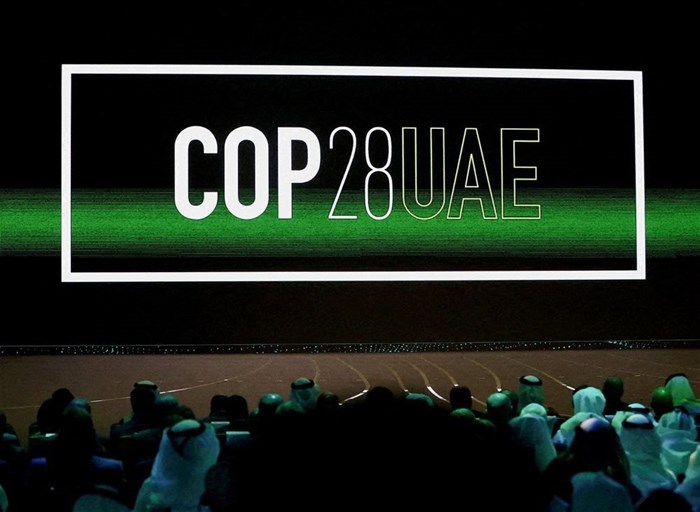
Top stories






More news














The fifth meeting of a 24-member UN committee tasked with designing the fund concluded in Abu Dhabi over the weekend, with support for a "take-it-or-leave-it" deal that would make the World Bank the interim home of the fund and encourage - but not oblige - all countries to contribute to it.
A loss and damage fund would be the first United Nations mechanism dedicated to helping countries that have suffered irreparable climate-driven damage from drought, floods and rising sea levels. It would aim to divert billions of dollars towards nations that are "particularly vulnerable."
After months of contentious talks, negotiators produced recommendations for the fund that will be put to nearly 200 governments for approval at the annual UN climate summit COP28, from 30 November to 12 December in Dubai.
Both developing and developed countries said they had made major concessions to avoid a failure that would have soured COP28 - where governments will face pressure to unlock other deals on phasing out fossil fuels and increasing funding for climate action.
"There was a lot at stake at this meeting," Avinash Persaud, special envoy to the Prime Minister of Barbados and the country's representative on the UN committee, told Reuters. "The value of the agreement is that it avoided a disaster ahead of COP and gives positive momentum."
The recommendation "urges" developed countries to take the lead in capitalising the fund and also "invites" contributions from other countries and funding sources like carbon markets.
That means no country would be legally obliged to pay into the fund - reflecting a hard-fought compromise. Developing nations argue that rich countries responsible for most of the historical CO2 emissions causing climate change should be obliged to pay - something the United States and other rich nations refused to accept.
"It's like a GoFundMe account for climate destruction," Persaud said of the deal.
As the hours passed on the second day of talks, negotiators haggled over wording and punctuation on the section of the text on countries' financial commitments to the fund.
A US State Department official told Reuters the country had sought - unsuccessfully - to get a footnote included in the text to clarify that any contribution to the fund would be voluntary.
The official welcomed the fact that the committee agreed on "many aspects of loss and damage funding" but expressed regret that the text does not "reflect consensus concerning the need for clarity on the voluntary nature of contributions".
Egypt, which represents African countries on the committee, also raised concerns in the meeting after the deal was agreed, noting that some of their key demands had not been met - such as agreeing the size of the fund or clearer obligations for rich nations to contribute.
Such complaints could risk a blow-up at COP28 if countries attempt to reopen the deal.
"I suppose from both sides there will be attempts to break open the text," one European negotiator told Reuters.
But that could complicate efforts to actually put money in the fund - if donor countries don't have a clear idea of the rules that will govern their contributions, and which countries would be in line to receive it.
"You're not going to pledge to the fund if you don't know where the money's going to go," the European negotiator said.
The European Union, which is the biggest source of other types of climate finance - money that helps poorer countries invest in cleaner energy, or adapt to worsening storms and heat - is already preparing to contribute to the fund.
Jennifer Morgan, climate envoy for Germany - Europe's biggest economy - said in a post on X that Berlin is also working on a contribution.
Mohamed Nasr, Egypt's lead climate negotiator and representative on the committee, told Reuters such pledges would be crucial to the overall COP28 negotiations.
If rich nations fail to follow through, he said, it could reopen decades-old fights that have derailed past climate deals - with poorer nations demanding "compensation" from rich nations for causing climate change, or refusing to agree to cut emissions faster without substantially more financial support from rich countries.
If the fund ends up as an "empty shell" then countries will have "no choice but to bring back discussions on historical responsibility and compensation," Nasr said.

Reuters, the news and media division of Thomson Reuters, is the world's largest multimedia news provider, reaching billions of people worldwide every day.
Go to: https://www.reuters.com/